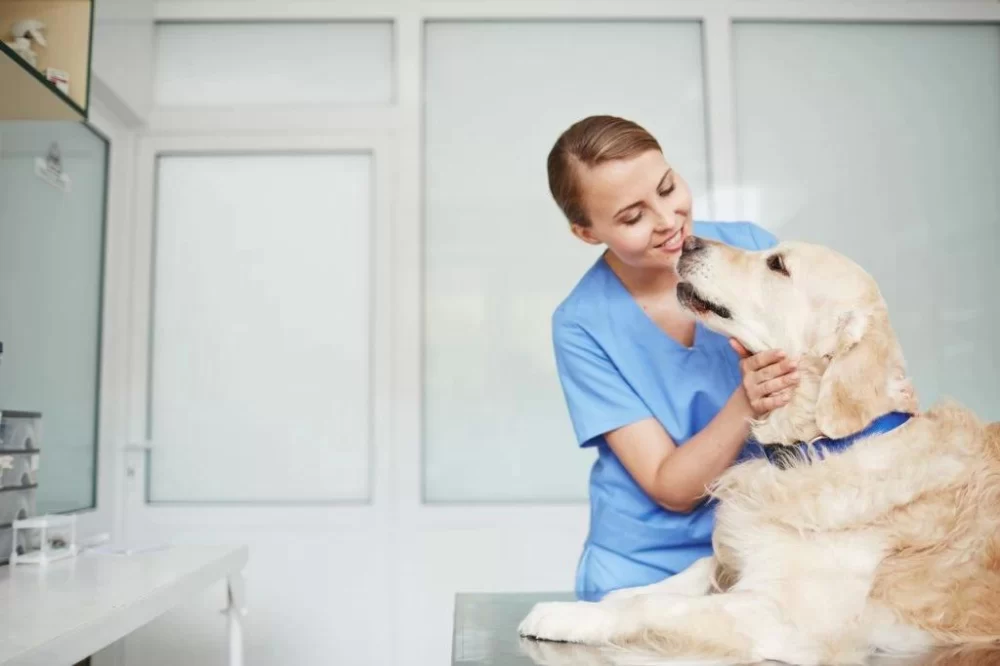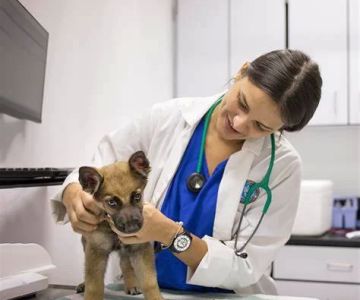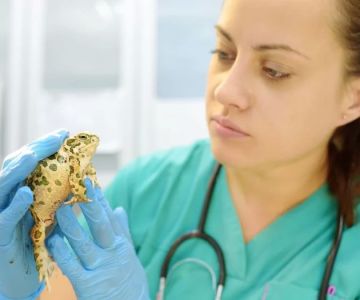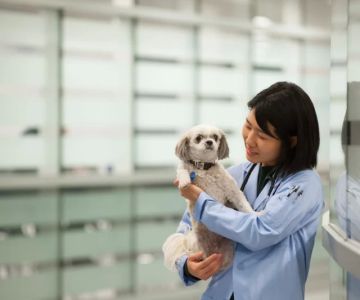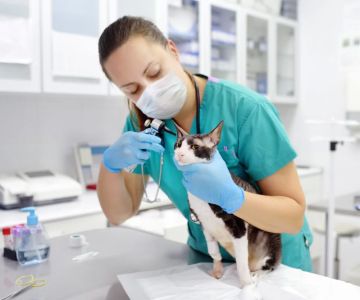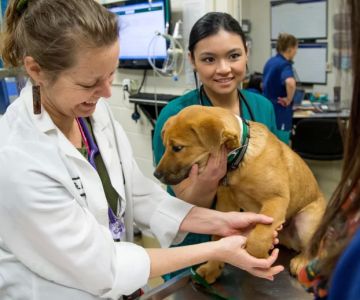- 1-Veterinarians-As-Animal-Care-Providers
- 2-Contribution-To-Public-Health
- 3-Impact-On-Food-Safety-And-Agriculture
- 4-Role-In-Research-And-Disease-Control
- 5-Support-For-Mental-And-Community-Well-Being
- 6-Real-Life-Examples-Showcasing-Societal-Benefits
- 7-The-Growing-Demand-For-Veterinarians
- 8-Encouragement-To-Explore-Veterinary-Careers
1. Veterinarians as Animal Care Providers
Being a veterinarian benefits society primarily through expert animal care. Veterinarians diagnose and treat illnesses, perform surgeries, and provide preventive care to pets, livestock, and wildlife. Their work improves animal welfare and ensures the health of companion animals, which are vital members of many households. Healthy animals contribute positively to the emotional and physical well-being of their owners, reflecting the direct societal impact of veterinary care.
2. Contribution to Public Health
Veterinarians play a crucial role in protecting public health by controlling zoonotic diseases—those transmitted between animals and humans—such as rabies, salmonella, and avian flu. They help prevent outbreaks by monitoring animal populations, conducting vaccinations, and educating communities about safe animal handling. This contribution safeguards not only individuals but entire communities from potential epidemics.
3. Impact on Food Safety and Agriculture
Veterinarians ensure the safety and quality of food products derived from animals, such as meat, dairy, and eggs. They inspect farms and processing facilities, monitor animal health, and advise farmers on best practices to prevent disease. This oversight supports agricultural productivity and consumer confidence in food safety, which are cornerstones of a stable food supply and economic well-being.
4. Role in Research and Disease Control
Beyond clinical care, veterinarians contribute to scientific research focused on animal and human health. They study emerging diseases, develop vaccines, and innovate treatments that benefit multiple species. Their expertise is essential in controlling outbreaks and advancing biomedical knowledge, highlighting the broad societal benefit of veterinary medicine.
5. Support for Mental and Community Well-Being
Veterinarians also impact society through emotional support services, recognizing the human-animal bond. Providing compassionate care eases stress and grief for pet owners during difficult times. Moreover, veterinarians often engage in community outreach, education, and animal welfare advocacy, fostering stronger, more empathetic communities.
6. Real-Life Examples Showcasing Societal Benefits
Recent stories, such as veterinarians aiding in wildlife conservation efforts or managing zoonotic disease outbreaks, illustrate their societal importance. For instance, during the COVID-19 pandemic, veterinary professionals assisted in research and testing, underscoring their versatility and critical role in public health crises.
7. The Growing Demand for Veterinarians
As societal awareness of animal welfare and public health increases, the demand for skilled veterinarians grows. Their multifaceted contributions continue to be essential for a healthy, safe, and thriving society.
8. Encouragement to Explore Veterinary Careers
Understanding how being a veterinarian benefits society can inspire aspiring professionals to pursue this rewarding career. For those interested in advancing their education and finding the best tools and resources for veterinary practice, platforms like Scent Snob offer valuable support to help you succeed and make a meaningful impact.

